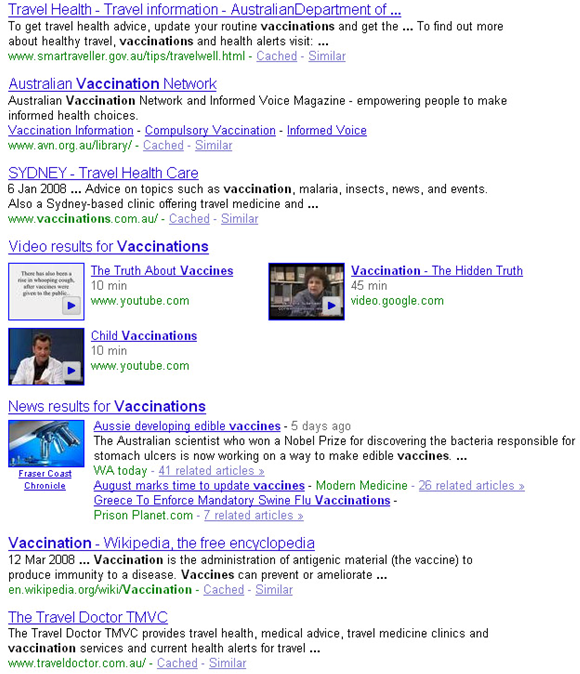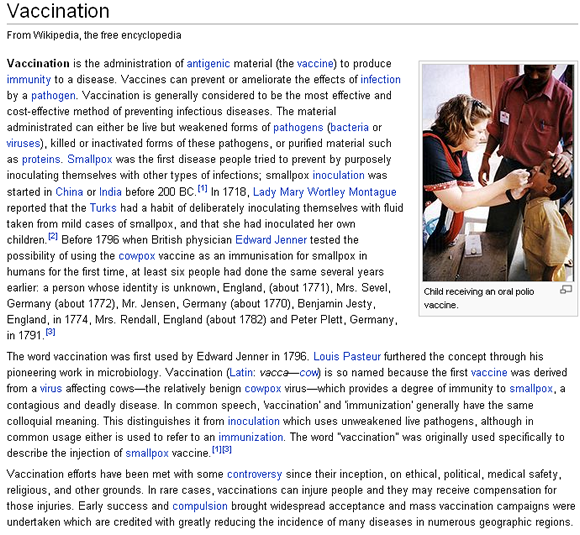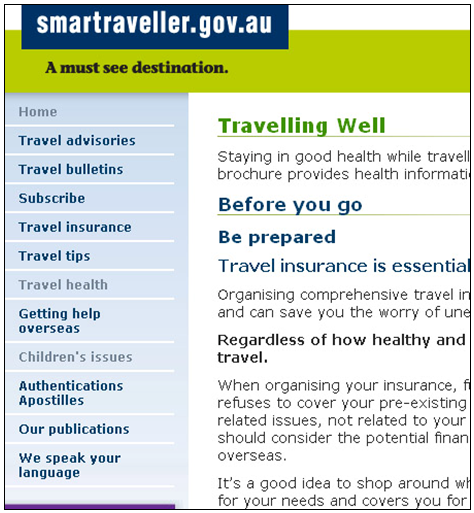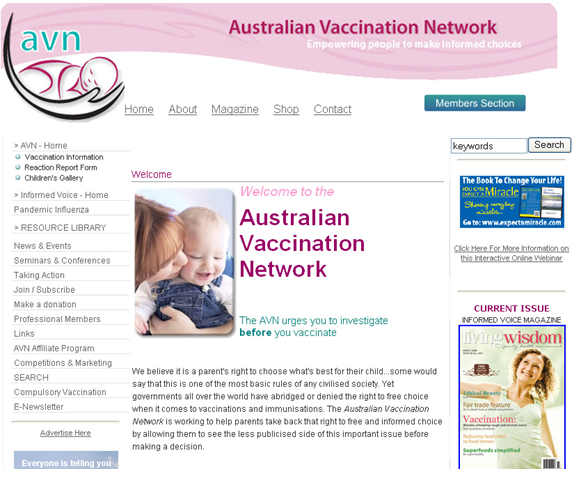Types of internet sites
A variety of resources are available on-line or through your local library. Determining what type of resources you are trying to find will help determine the types of Internet sites you should be focusing on to find the information you need for your research.
There are a variety of web sites and looking at the name extension can help you evaluate a website before you open up the web site. The following is a list of domain name extensions and who can uses those domain sites.
Domain name extensions
| Common Name Extensions | |
|---|---|
.com |
A domain name with a .com at the end is used for Commercial Internet sites. |
.edu |
A domain name with a .edu at the end is used for Educational sites . |
.firm |
A domain name with a .firm at the end is used for an Internet site for a business |
.gov |
A domain name with a .gov at the end is used for a Government site on the Internet. |
.int |
A domain name with a .int at the end is used for International Institutions. |
.mobi |
A domain name with a .mobi at the end is used for Mobile Phones. |
.net |
A domain name with a .net at the end is used for Internet Administrative sites |
.org |
A domain name with a .org at the end is used for not-for-profit or profit Organizational Internet sites. |
.store |
A domain name with a .store at the end is used for an Internet site that is for a Retail business |
.web |
A domain name with a .web at the end is used for an Internet site that is about the World Wide Web. |
| Identifying the country of origin for an Internet Site | |
|
Add-on extensions after the domain name that designate the country of origin if not from the USA |
.au |
Australia |
.nz |
New Zealand |
Who can have an Internet Site?
Although anyone can register for an internet site, some of the domain name extensions are not available to anyone.
Two domain sites require that you prove through federally or national registration that you are an educational site or a government site. These are the sites that end with .gov and .edu. These Internet sites are controlled by the government or educational institution associated with the name. Although information on the other sites can be very good, typically education and government sites have more stringent policies for reviewing information that appears on their sites because they represent the government or an educational institution.
Let’s evaluate Vaccination information based on the type of web domain extension.

As you can see our sites range from gov.au to youtube.com. If we wanted a definition about Vaccinations we could look at the Wikipedia.org/wiki site and get a quick definition about what a vaccination is and some background information. Typically information from this site is peer reviewed.
Let’s take a quick look at what Wikipedia says.

This is a good start if we want a definition and some background information about vaccinations.
If we want information about vaccinations in Australia we probably want to look at the first site .gov.au which is an Australian government site.
Let us look at what type of information the government site offers.

This site discusses what vaccinations you need if you are going to travel along with other travel advisories. The information on this site also is referenced and provides information, facts, and statistical data from other government sites.
Let us look at one last site for vaccinations to determine the value of the information from this site. We will choose an .org.au site because typically these are sites that organizations run.

At first glance the information looks fairly straight forward; however, something that you will notice is the ads on this site. .gov and .edu sites do not advertise for other organisations. Also if you take a closer look at the information you will notice the tone of the material is persuasive and not neutral or fact oriented. Although this is an organization they have a specific view of the world and have an agenda for their organization. You need be aware of this when looking at information that is not peer reviewed or regulated.
Try it yourself!
Use the table you created in 1.3 and fill in the last column for each type of internet site the resources are likely to come from. This can also be placed in the last column along with the type of resource.
If you are looking for primary information and .edu sites then you will most likely be looking for published journal articles on your topic.
You will not have a title or author yet, but we are narrowing the types of resources we need to target.